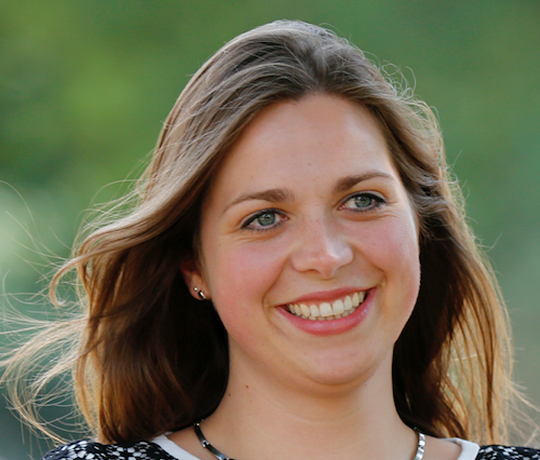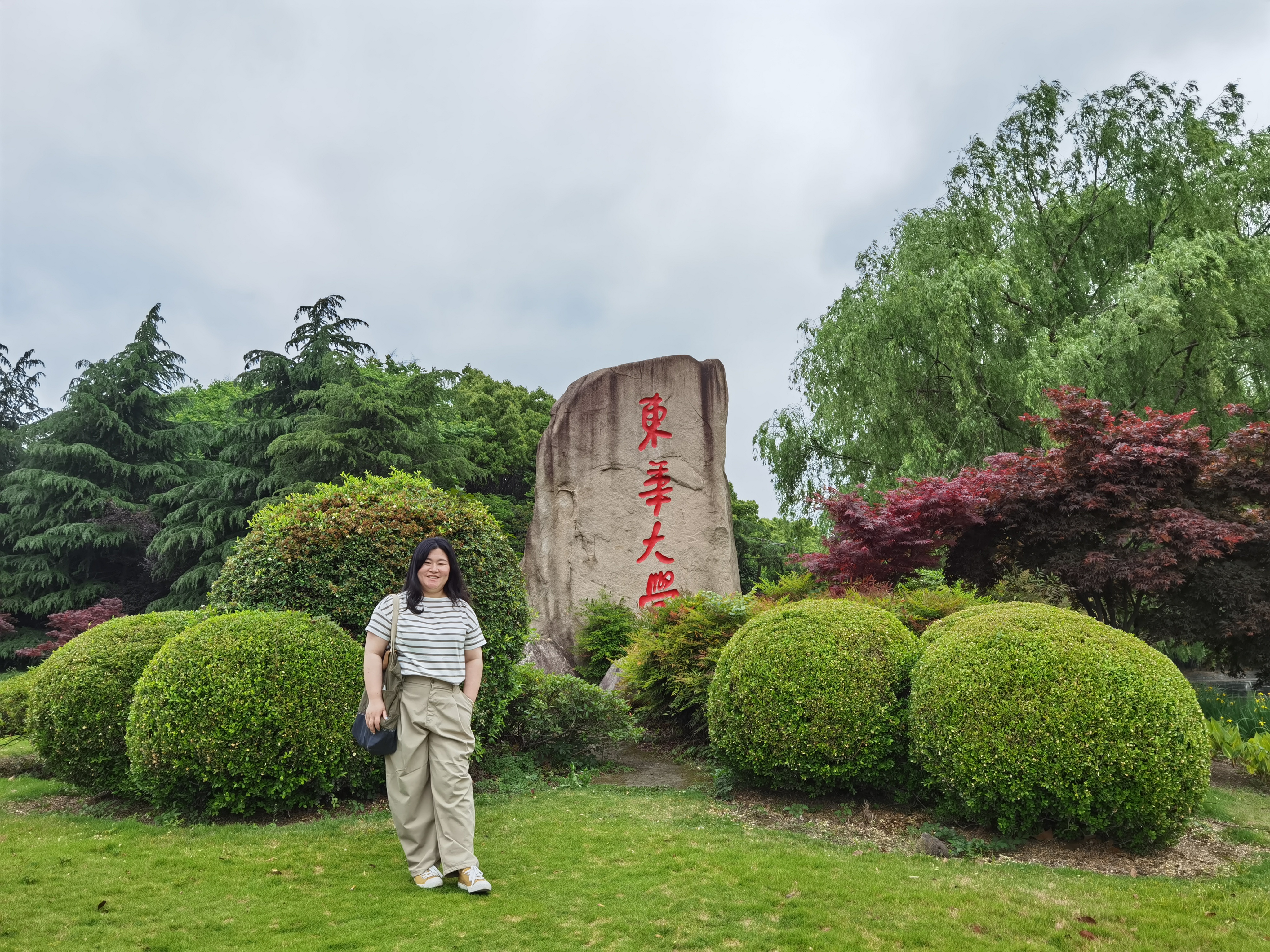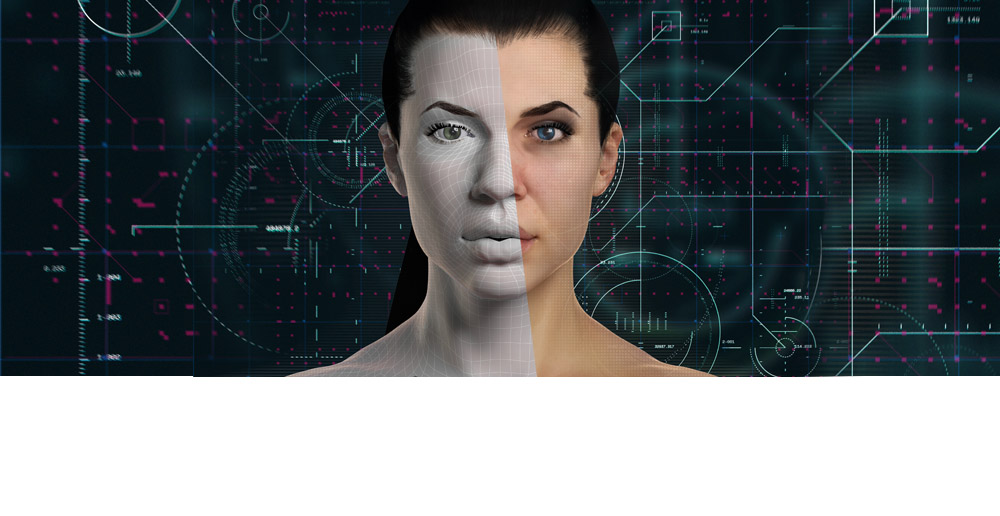“Do you believe Rens Kroes?”
Mayonnaise with a blue check mark on the label. Light potato chips. Diet margarine that helps prevent heart attacks. Are these claims even true? And why do people trust Rens Kroes’s lifestyle advice, but don’t trust E-numbers? These are the types of questions that intrigue researcher Alie de Boer.
Alie de Boer is a nutritional scientist with a PhD in nutrition and law who works out of the Campus in Venlo and is the co-founder of the Food Claims Centre Venlo, a center for expertise in the field of functional foods. At the Brightlands Greenport Venlo Campus, she does accessible research for growers who want to experiment and innovate.
“Mayonnaise with a blue check mark on the label. Light potato chips. Diet margarine that helps prevent heart attacks. A simple lap around the supermarket will get you a cart full of products with claims on them. Are these claims even true? And why do people trust Rens Kroes’s lifestyle advice, but don’t trust E-numbers that have been scientifically tested from top to bottom? These are interesting questions. I study how developments in nutrition - new products or new research methods for example - are translated to food legislation but I also examine the effect of food legislation on these developments.

The cutting edge between nutritional science and law intrigues me. In the past, people’s primary concern was getting enough food; these days, the challenge is to make the right choice from the huge offering of food out there. Which nutrients help your body to recover well if it is being subjected to stress from exertion, getting older or an illness?
You can’t test food the way you test medicine because food involves more than just one isolated active ingredient. Besides, good research is expensive and takes a long time. Given the margins typical to the food industry, a major investment in research isn’t always viable. This is why people often fall back on the list of validated claims. This is a shame since it leads to stagnation in innovation in the food sector even though it can be a very interesting field. After all, we are all getting older, and we would prefer to do this in the healthiest way possible. This is why it is helpful to know how your nutrition can make a contribution to this.
Taking your personal background into account, what and how should you eat in order to stay healthy? As a nutritional scientist, I can get pretty envious of how certain matters involving medicine are handled. Although strict laws apply to medicine, we accept the side effects, whereas with food, we try to exclude every risk. This is strange, and only raises the barrier to innovation in the food industry. A lot of food is produced in the Venlo area, and many growers here are interested in experimenting and innovating. Often it is the SMEs that don’t have enormous R&D budgets, but still have interesting questions. These are the companies that are contacting us on an increasing basis. With accessible, validated challenge tests, we can study the effects of certain substances. End consumers’ questions are central to our research. For me, this is only logical; after all, I want my research to be used. I like sharing knowledge so I know who I’m doing it all for. I am in direct contact with that asparagus farmer or blueberry grower. Our shared curiosity makes it interesting to work together, particularly now that we will have access to even more facilities here in Villa Flora at the Brightlands Campus Greenport Venlo. At the Food Claims Centre Venlo, we have a connection to the market. This is where innovation begins.”
Also read
-
At EGGXPERT, a local startup, two waste products from eggs are put to use in the production of facial masks and wound plasters. Co-founder Chang Liu was one of the first graduates of the master’s in Biobased Materials at the Faculty of Science and Engineering.
-
In 2016 Marta Dávila Mateu, now a graduate of Data Science and Knowledge Engineering, moved to Maastricht, a city completely unknown to her. Her choice turned out to be a double-edged sword. She found the lack of skate culture depressing, but enjoyed her studies, especially the focus on the...


